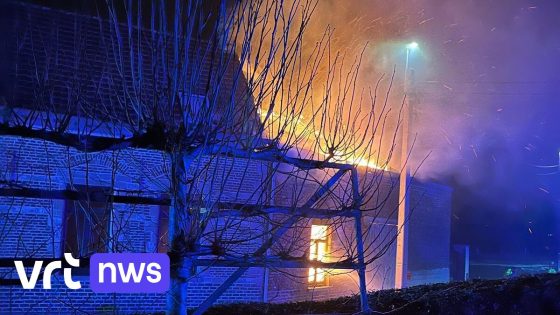Four police officers involved in the death of Pieter Aerts in Antwerp are set to face trial. This incident raises critical questions about police conduct and accountability. On February 19, 2025, the case continues to attract attention as details emerge about the events leading up to Aerts’ tragic death.
- Police requested concierge to open door.
- Pieter Aerts allegedly attacked with knife.
- No knife was found after investigation.
- Police fired eight shots during incident.
- Officers' accounts differed from shooting evidence.
Trial of Police Officers Sparks Debate on Use of Force in Belgium
This trial is not just about one incident; it’s about how police operate under pressure. What does this mean for public trust? The case has raised significant concerns regarding police protocols and the necessity for transparency in law enforcement actions.
The Circumstances Surrounding Pieter Aerts’ Death Raise Important Questions
The events leading to Aerts’ death are complex and troubling. Reports indicate that when officers arrived at his apartment, they were informed by a concierge before an altercation ensued. However, no weapon was ever found, raising doubts about the justification for using lethal force.
Key Details from the Incident That Led to Legal Action
The following points summarize crucial aspects of this case:
- Pieter Aerts allegedly attacked a concierge with a knife-like object.
- Police fired eight shots during the confrontation, exceeding initial reports.
- No weapon was recovered after the incident.
- The trial aims to address potential misconduct by law enforcement officials.
The Broader Implications for Law Enforcement Practices
This case serves as a reminder of the ongoing debates surrounding police practices not only in Belgium but also around the world. As communities demand greater accountability from their law enforcement agencies, incidents like this can influence policy changes and reform efforts globally.
Public Reaction and Future Considerations
The public’s response to this trial could shape future interactions between citizens and law enforcement. Many are calling for enhanced training programs aimed at de-escalation techniques rather than resorting to force. How will these developments impact future policing strategies?
































